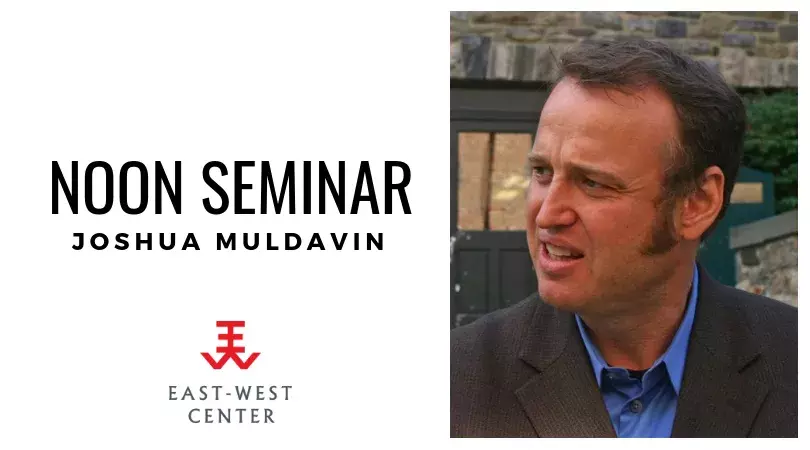Error message

As China’s global integration continues, the paradox of growth built on decay has created a shaky foundation for arguably the world’s most important new superpower. This has important implications not only for China but also for the world. This presentation will briefly review three theoretical frameworks (Classical, Ecological Modernization, and Critical Political Ecology) that offer different prognoses and solutions to the problem of environmental degradation in China. While the former two approaches limit understanding of (and available solutions to) China’s environmental problems, the third framework (Critical Political Ecology) offers an alternative analysis of the fundamental environmental issues accompanying China’s rise, yielding quite different insights informing policy and practice.
Joshua Muldavin is Chair of the Social Sciences and Professor of Geography and Asian Studies at Sarah Lawrence College in New York. He has done extensive field research, primarily in rural China, and received grants from various institutions including National Science Foundation, Social Science Research Council, Ford Foundation, MacArthur Foundation and Fulbright. His research interests include Asia, international aid, agriculture and food, climate change, environment, geopolitics and political ecology.
As China’s global integration continues, the paradox of growth built on decay has created a shaky foundation for arguably the world’s most important new superpower. This has important implications not only for China but also for the world. This presentation will briefly review three theoretical frameworks (Classical, Ecological Modernization, and Critical Political Ecology) that offer different prognoses and solutions to the problem of environmental degradation in China. While the former two approaches limit understanding of (and available solutions to) China’s environmental problems, the third framework (Critical Political Ecology) offers an alternative analysis of the fundamental environmental issues accompanying China’s rise, yielding quite different insights informing policy and practice.
Joshua Muldavin is Chair of the Social Sciences and Professor of Geography and Asian Studies at Sarah Lawrence College in New York. He has done extensive field research, primarily in rural China, and received grants from various institutions including National Science Foundation, Social Science Research Council, Ford Foundation, MacArthur Foundation and Fulbright. His research interests include Asia, international aid, agriculture and food, climate change, environment, geopolitics and political ecology.






